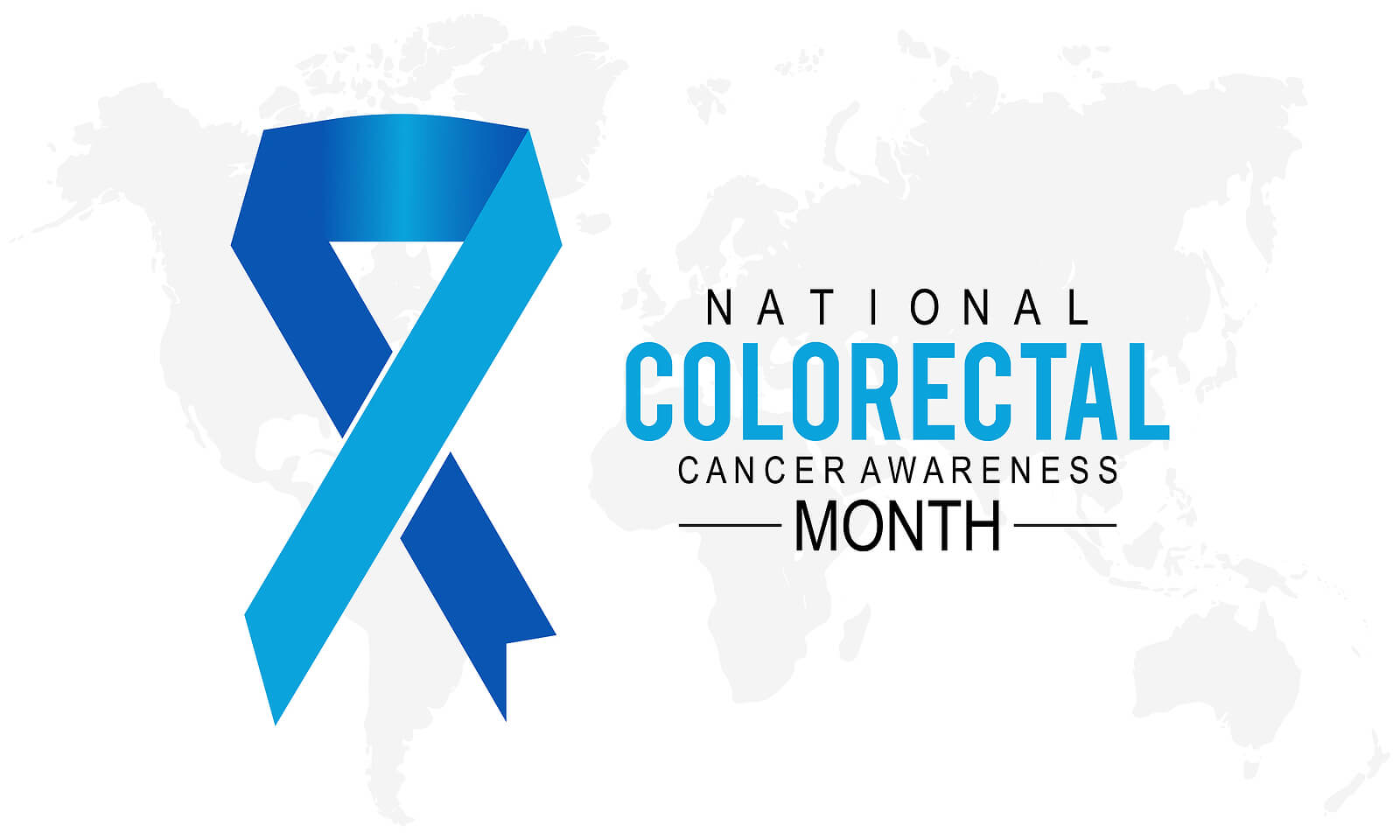5 Facts to Learn During National Colorectal Cancer Awareness Month
March is National Colorectal Cancer Awareness Month and a good time to learn more about common cancer. Colorectal cancer cases are expected to reach almost 150,000 cases in 2021. It’s the third most common type of cancer in the U.S. The good news is that early screenings make it an easier cancer to beat. If caught in the polyp stage, they can be removed during the colonoscopy and stop the cancerous growths from developing. Having a caregiver on hand to help take your senior to appointments can be helpful.

Caregiver in Foley AL: Colorectal Cancer
Here are five other facts you need to know about colorectal cancer.
-Types of Colorectal Tumors
The most common colorectal tumor is an adenocarcinoma, which is found in the cells that create the mucus that lubricates the colon and rectum. The other four are:
Carcinoid – Tumors start in intestinal cells that produce hormones.
Gastrointestinal Stromal Tumors – GISTs start in the walls of the colon or digestive tract.
Lymphomas – They start in the cells of the immune system that are in the lymph nodes, colon, rectum, and several other organs.
Sarcomas – They start in the muscles, connective tissues, and blood vessels in the colon and rectum.
-9 Out of 10 Cases Can Be Treated if Detected Early
According to the American Society of Colon and Rectal Surgeons, 9 out of 10 cases of colorectal cancer are easily treated if caught early. Screenings are the only way to catch it early. If you wait until the symptoms occur, such as blood in the stool, it’s going to involve more of a fight.
-Smoking Increases Your Risk
Several things increase the risk of developing colorectal cancer. A diet high in red meats and/or processed meats is one risk factor. Obesity and a sedentary lifestyle are others. Many people do not realize that smoking also increases the risk of colorectal cancer.
-Dietary Changes May Help
Increase the amount of fiber that you eat every day. It’s believed that fiber can help lower your risk. Another dietary change to consider is your parents’ intake of vitamin D. Some experts believe that vitamin D through supplements and time in the sun will help.
-Preventative Screenings Are Essential
Your parents have several options for screenings. They could have a fecal blood test, an x-ray or ultrasound of the colorectal system, or a full colonoscopy that involves a camera being inserted into the rectum where it travels through the system to look for polyps and tumors.
They do need a ride to and from a colonoscopy. If you can’t take time off, make sure caregivers are scheduled to be there for them. Caregivers are also helpful if your parents have colorectal cancer and must undergo surgical treatment. They can cook, clean, and do the laundry while your mom or dad heals.
If you or someone you know needs a Caregiver in Foley, AL, please contact the friendly caregivers at Hughes Home Care. We provide quality and affordable care for your elderly loved ones in our community. Call Us Today at 251-517-9901. Serving Mobile & Baldwin County.
Sources:
https://fascrs.org/patients/diseases-and-conditions/a-z/basic-facts-about-colorectal-cancer
https://www.cancer.org/cancer/colon-rectal-cancer/about/key-statistics.html
- The Best Things Seniors Can Do To Avoid Skin Cancer - April 18, 2024
- Ways to Make Walking More Exciting - April 4, 2024
- What Causes Your Senior to Feel Fatigue? - March 22, 2024
